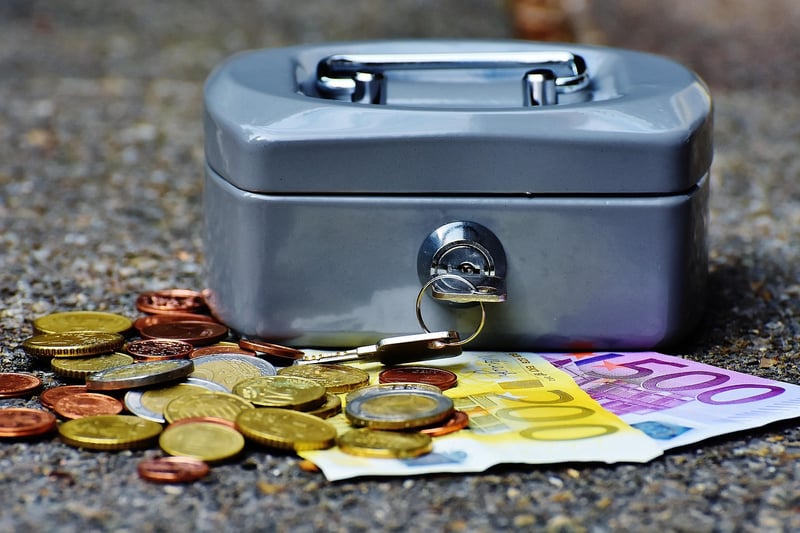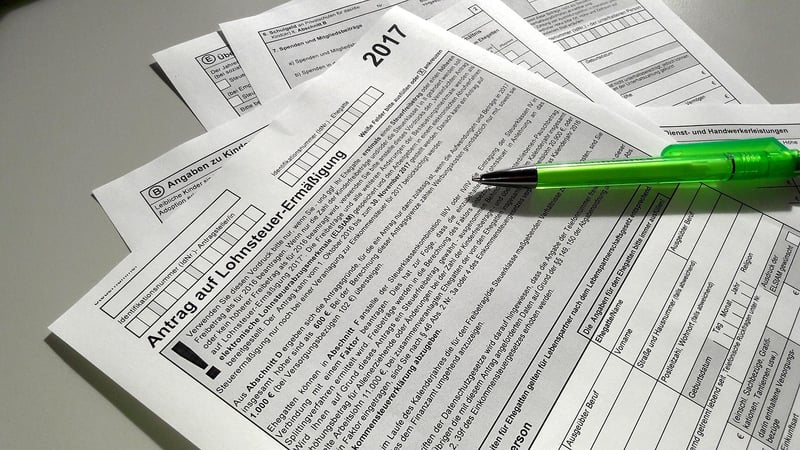Expense Categories
Manage Your Money Like a Pro: Understanding Expense Categories
Managing your money effectively is key to achieving financial stability and reaching your goals. One crucial aspect of money management is understanding expense categories. By categorizing your expenses, you can gain insight into your spending habits, identify areas where you can cut back, and allocate funds more efficiently. Let's explore some common expense categories to help you manage your money like a pro.
1. Fixed Expenses
Fixed expenses are recurring costs that remain relatively constant each month. These include essential bills such as rent or mortgage payments, utilities, insurance premiums, and loan payments. Knowing your fixed expenses helps you budget effectively and ensures you prioritize these payments each month.
2. Variable Expenses
Variable expenses are costs that fluctuate from month to month. This category includes expenses like groceries, dining out, entertainment, shopping, and transportation. Tracking your variable expenses can highlight discretionary spending areas where you have the flexibility to adjust your budget.
3. Savings
Saving should be treated as a non-negotiable expense category. Allocate a portion of your income to savings, whether it's for emergencies, retirement, a major purchase, or other financial goals. Automate your savings contributions to ensure consistency and discipline in building your financial reserves.
4. Debt Payments
If you have outstanding debts, such as credit card balances, student loans, or personal loans, allocate a portion of your budget to debt payments. Prioritize high-interest debts first to minimize interest costs and work towards becoming debt-free over time.
5. Miscellaneous Expenses
Unexpected or irregular expenses fall into the miscellaneous category. This may include medical bills, home repairs, gifts, or other one-time costs. Building an emergency fund can help you cover these expenses without disrupting your budget.
6. Personal Care and Well-being
Investing in self-care and well-being is essential for your overall health and happiness. Include expenses related to fitness, mental health, hobbies, and self-improvement in this category to ensure you prioritize your personal well-being.
By categorizing your expenses and understanding where your money goes, you can make informed financial decisions, set realistic goals, and work towards a more secure financial future. Remember, managing your money is not about restriction but about making conscious choices that align with your values and priorities.

Start categorizing your expenses today and take control of your financial journey!
